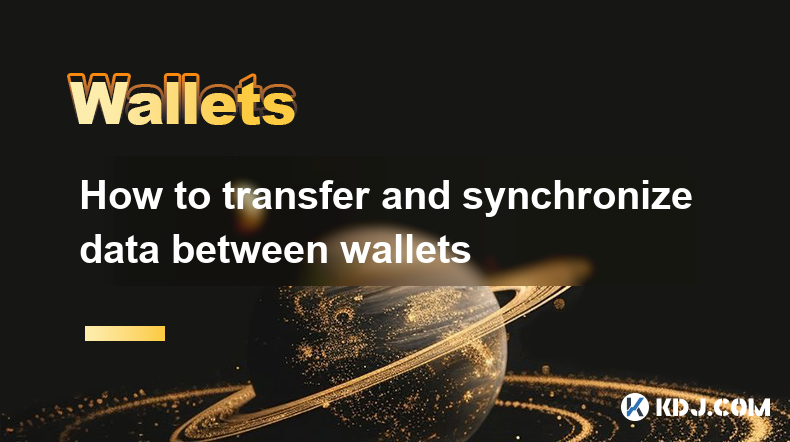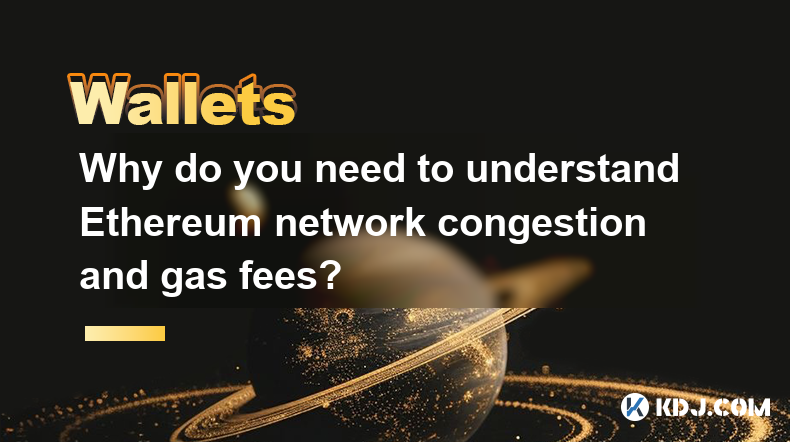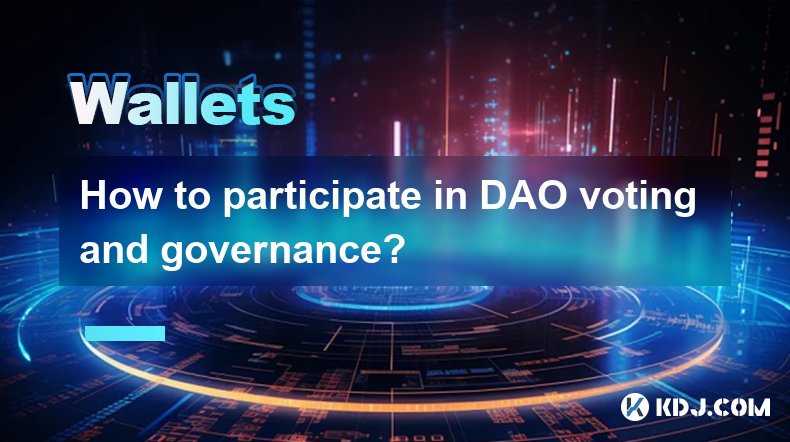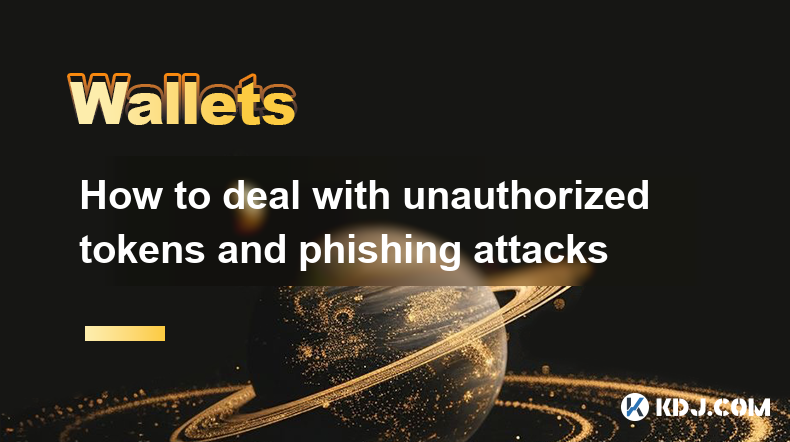-
 Bitcoin
Bitcoin $96,423.2361
-1.98% -
 Ethereum
Ethereum $2,687.4326
-2.59% -
 XRP
XRP $2.5818
-3.06% -
 Tether USDt
Tether USDt $0.9998
-0.03% -
 BNB
BNB $655.8685
0.40% -
 Solana
Solana $171.1929
-2.80% -
 USDC
USDC $1.0000
0.01% -
 Dogecoin
Dogecoin $0.2440
-3.60% -
 Cardano
Cardano $0.7663
-4.19% -
 TRON
TRON $0.2378
-4.96% -
 Chainlink
Chainlink $17.4954
-4.50% -
 Sui
Sui $3.3455
-4.52% -
 Avalanche
Avalanche $24.8717
-1.21% -
 Stellar
Stellar $0.3278
-3.39% -
 Litecoin
Litecoin $129.5275
-3.78% -
 Hedera
Hedera $0.2157
-1.77% -
 Toncoin
Toncoin $3.6223
1.02% -
 UNUS SED LEO
UNUS SED LEO $9.7265
-0.20% -
 Shiba Inu
Shiba Inu $0.0...01523
-2.39% -
 Hyperliquid
Hyperliquid $24.7464
-2.04% -
 Polkadot
Polkadot $5.0989
0.41% -
 MANTRA
MANTRA $7.5112
-1.79% -
 Bitcoin Cash
Bitcoin Cash $317.7396
-2.92% -
 Bitget Token
Bitget Token $5.0163
7.37% -
 Ethena USDe
Ethena USDe $0.9988
-0.09% -
 Dai
Dai $1.0002
0.02% -
 Uniswap
Uniswap $8.7946
-5.33% -
 Monero
Monero $232.2611
-1.64% -
 NEAR Protocol
NEAR Protocol $3.4081
-2.87% -
 Pepe
Pepe $0.0...09228
-5.30%
What is the importance of Ethereum wallet security?
To bolster Ethereum wallet security, protect private keys by storing them securely offline or utilizing reliable hardware wallets, while preventing phishing attacks through vigilant monitoring and MFA implementation.
Feb 21, 2025 at 06:07 pm

Key Points:
- Understanding Cryptocurrency Wallet Security
- Protecting Private Keys and Passwords
- Avoiding Scams and Phishing Attacks
- Securing Against Hardware Vulnerabilities
- Utilizing Multi-Factor Authentication (MFA)
- Keeping Software Up-to-Date
- Considering Hardware Wallets for Enhanced Security
- Monitoring Transactions and Suspicious Activity
- Educating Yourself on Best Practices
Article Content:
Understanding Cryptocurrency Wallet Security
The importance of Ethereum wallet security cannot be overstated. Ethereum wallets store the private keys that grant access to your cryptocurrency holdings, making them a prime target for hackers and scammers. It is crucial to understand the security measures that safeguard your Ethereum wallet to prevent unauthorized access and protect your assets.
Protecting Private Keys and Passwords
Your Ethereum wallet's private key is the primary means to access your funds. It is a long, complex string that should be kept secret and never shared with anyone. Similarly, your wallet password is an essential layer of protection and should be strong and unique. Avoid using common passwords or personal information that can be easily guessed. Instead, opt for a random combination of characters and numbers. Consider storing your private key offline in a secure location or using a reputable cryptocurrency hardware wallet.
Avoiding Scams and Phishing Attacks
Scammers often employ phishing attacks to trick users into revealing their private keys or other sensitive information. These attacks typically involve emails, text messages, or social media posts that appear legitimate but lead to malicious websites. Be wary of any unsolicited messages requesting you to provide your private key or click on unknown links. Only download software from official sources and always verify the authenticity of websites before entering any personal or financial information.
Securing Against Hardware Vulnerabilities
Your computer or smartphone may contain security vulnerabilities that can be exploited to access your Ethereum wallet. Install reputable antivirus software and keep your operating system and browser software up-to-date with the latest security patches. Be particularly vigilant about installing unknown or untrusted software, as it may contain malware. Consider using a virtual private network (VPN) to encrypt your internet connection and protect your privacy from potential eavesdroppers.
Utilizing Multi-Factor Authentication (MFA)
Multi-factor authentication (MFA) adds an extra layer of security to your Ethereum wallet by requiring you to provide multiple forms of identification. This can include a one-time passcode sent to your mobile phone or email, or biometric authentication such as fingerprint or facial recognition. MFA makes it significantly harder for attackers to gain access to your wallet, even if they have your password.
Keeping Software Up-to-Date
Software updates often include critical security improvements. Always download and install the latest updates for your Ethereum wallet, operating system, and antivirus software. This ensures that known security vulnerabilities are patched and your wallet remains protected from the latest threats.
Considering Hardware Wallets for Enhanced Security
Hardware wallets provide a higher level of security than software wallets by storing your private keys on a dedicated hardware device. This makes it significantly harder for attackers to access your funds, even if your computer is compromised. Hardware wallets come in various forms, offering features such as biometric authentication, tamper-proof designs, and offline storage.
Monitoring Transactions and Suspicious Activity
Regularly review your Ethereum wallet transactions and check for any suspicious activity. If you notice any unauthorized transactions or withdrawals, report them immediately to the cryptocurrency exchange or wallet provider. Additionally, monitor your credit reports and bank statements for any anomalies. Early detection of fraudulent activity can help you minimize financial losses.
Educating Yourself on Best Practices
Staying informed about cryptocurrency security best practices is essential. Read articles, attend webinars, and join online forums to enhance your knowledge. By continuously educating yourself, you reduce your vulnerability to scams and other security breaches.
FAQs:
Q: What is a good way to store my Ethereum private key?
A: Consider storing your private key offline in a secure location such as a physical safe or encrypted USB drive. You can also use a reputable cryptocurrency hardware wallet designed to protect your private keys from unauthorized access.
Q: How do I avoid phishing attacks?
A: Be wary of unsolicited messages requesting personal or financial information. Only click on links from trusted sources and verify the authenticity of websites before inputting any sensitive data. Never share your private key with anyone or store it on unsecured platforms.
Q: What is the benefit of using a hardware wallet?
A: Hardware wallets store your private keys on a dedicated hardware device, offering enhanced security compared to software wallets. They protect your funds even if your computer is compromised, providing peace of mind and increased resistance to hacking attempts.
Disclaimer:info@kdj.com
The information provided is not trading advice. kdj.com does not assume any responsibility for any investments made based on the information provided in this article. Cryptocurrencies are highly volatile and it is highly recommended that you invest with caution after thorough research!
If you believe that the content used on this website infringes your copyright, please contact us immediately (info@kdj.com) and we will delete it promptly.
- Bitcoin, XRP Price Breakout Imminent, As Trading Range Narrows Further
- 2025-02-22 15:00:24
- Bitcoin Long-Term Holders Tighten Grip as Selling Pressure Wanes, Signaling Potential Rebound
- 2025-02-22 15:00:24
- Mike Novogratz Flips on XRP, Acknowledges Power of Community
- 2025-02-22 15:00:24
- Skyren DAO: The World's First Airdrop Collection DAO Redefining Passive Income
- 2025-02-22 15:00:24
- HIVE Digital Technologies Set to Expand Bitcoin Mining Operations in Paraguay, Targeting 400% Growth
- 2025-02-22 14:50:24
- From XRP's Surge to Toncoin's Woes: Why Panshibi (SHIBI) Could Be the 100x Crypto Play
- 2025-02-22 14:50:24
Related knowledge

What are cold storage and hot storage? Which one is safer?
Feb 22,2025 at 03:18pm
Key Points:Cold storage and hot storage are two methods of storing cryptocurrencies.Cold storage involves storing cryptocurrencies offline, while hot storage involves storing them online.Cold storage is generally considered safer than hot storage, as it is not connected to the internet and is therefore less susceptible to hacking.Cold StorageCold storag...

How to synchronize wallets in multiple devices and browsers
Feb 22,2025 at 09:18am
Key Points:Understand the different types of cryptocurrency wallets and their synchronization capabilities.Learn how to synchronize hardware wallets with multiple devices.Discover the steps involved in synchronizing software wallets across platforms.Explore the options for synchronizing mobile wallets on different devices.Gain insight into browser exten...

How to transfer and synchronize data between wallets
Feb 21,2025 at 12:25pm
Key Points:Understanding different wallet types and their capabilitiesIdentifying similarities and differences between walletsExploring options for transferring and synchronizing dataEnsuring data security and integrity during transferAddressing common challenges and troubleshooting tipsHow to Transfer and Synchronize Data Between Cryptocurrency Wallets...

Why do you need to understand Ethereum network congestion and gas fees?
Feb 21,2025 at 04:48am
Key PointsUnderstanding Ethereum Network Congestion and Gas FeesGas Fees ExplainedFactors Affecting Network CongestionStrategies for Minimizing Gas FeesImpact of Ethereum UpgradesUnderstanding Ethereum Network Congestion and Gas FeesThe Ethereum network is a decentralized platform that hosts a vast ecosystem of decentralized applications (dApps), non-fu...

How to participate in DAO voting and governance?
Feb 21,2025 at 03:42pm
Key Points:Overview of DAO Voting and GovernanceUnderstanding DAO Structures and MembershipRole of DAO Tokens and Voting RightsParticipating in Voting and Proposal SubmissionLeveraging Governance Tools and PlatformsImpact of Voting Participation on DAO OutcomesBest Practices for Effective DAO GovernanceHow to Participate in DAO Voting and Governance1. U...

How to deal with unauthorized tokens and phishing attacks
Feb 21,2025 at 05:25am
Dealing with Unauthorized Tokens and Phishing Attacks in the Cryptocurrency CircleThe cryptocurrency market is rife with potential dangers, including unauthorized tokens and phishing attacks. To protect yourself from these threats, it's crucial to take proactive measures and be vigilant in your online activities.Key Points:Unauthorized Tokens: Tokens cr...

What are cold storage and hot storage? Which one is safer?
Feb 22,2025 at 03:18pm
Key Points:Cold storage and hot storage are two methods of storing cryptocurrencies.Cold storage involves storing cryptocurrencies offline, while hot storage involves storing them online.Cold storage is generally considered safer than hot storage, as it is not connected to the internet and is therefore less susceptible to hacking.Cold StorageCold storag...

How to synchronize wallets in multiple devices and browsers
Feb 22,2025 at 09:18am
Key Points:Understand the different types of cryptocurrency wallets and their synchronization capabilities.Learn how to synchronize hardware wallets with multiple devices.Discover the steps involved in synchronizing software wallets across platforms.Explore the options for synchronizing mobile wallets on different devices.Gain insight into browser exten...

How to transfer and synchronize data between wallets
Feb 21,2025 at 12:25pm
Key Points:Understanding different wallet types and their capabilitiesIdentifying similarities and differences between walletsExploring options for transferring and synchronizing dataEnsuring data security and integrity during transferAddressing common challenges and troubleshooting tipsHow to Transfer and Synchronize Data Between Cryptocurrency Wallets...

Why do you need to understand Ethereum network congestion and gas fees?
Feb 21,2025 at 04:48am
Key PointsUnderstanding Ethereum Network Congestion and Gas FeesGas Fees ExplainedFactors Affecting Network CongestionStrategies for Minimizing Gas FeesImpact of Ethereum UpgradesUnderstanding Ethereum Network Congestion and Gas FeesThe Ethereum network is a decentralized platform that hosts a vast ecosystem of decentralized applications (dApps), non-fu...

How to participate in DAO voting and governance?
Feb 21,2025 at 03:42pm
Key Points:Overview of DAO Voting and GovernanceUnderstanding DAO Structures and MembershipRole of DAO Tokens and Voting RightsParticipating in Voting and Proposal SubmissionLeveraging Governance Tools and PlatformsImpact of Voting Participation on DAO OutcomesBest Practices for Effective DAO GovernanceHow to Participate in DAO Voting and Governance1. U...

How to deal with unauthorized tokens and phishing attacks
Feb 21,2025 at 05:25am
Dealing with Unauthorized Tokens and Phishing Attacks in the Cryptocurrency CircleThe cryptocurrency market is rife with potential dangers, including unauthorized tokens and phishing attacks. To protect yourself from these threats, it's crucial to take proactive measures and be vigilant in your online activities.Key Points:Unauthorized Tokens: Tokens cr...
See all articles














![BONK The Meme Coin MORE THAN ORDINARY [DOG] on Solana BONK The Meme Coin MORE THAN ORDINARY [DOG] on Solana](/uploads/2025/02/22/cryptocurrencies-news/videos/bonk-meme-coin-ordinary-dog-solana/image-1.jpg)


































































